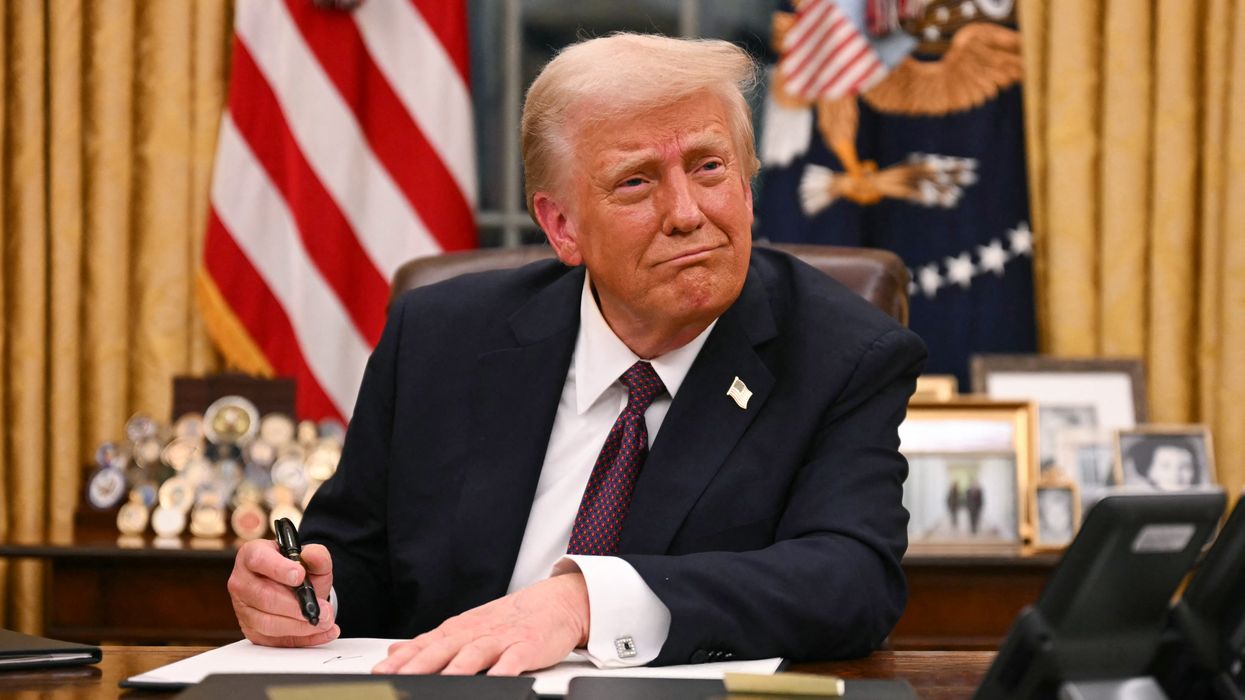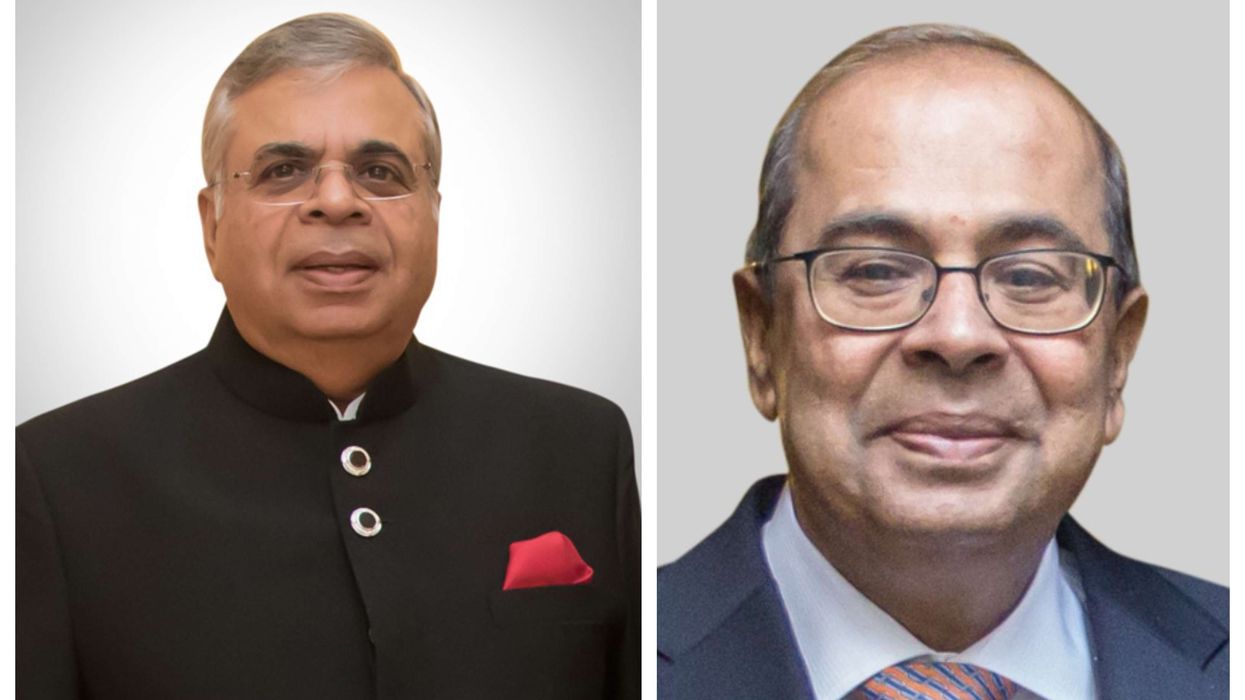By Julian M Simpson
THE NHS turns 72 on Sunday (5). On such occasions, the role played in its history by migrants from South Asia and elsewhere is often marginalised.
Look at the timeline published on the BBC website for its 70th anniversary and you will get little sense of how dependent the institution has always been on its overseas workforce.
When the NHS was established in 1948, it was able to draw on the labour of doctors who had come to the UK as refugees from Nazi-dominated Central Europe and nurses from Ireland. It expanded in the 1960s and 1970s when thousands of south Asian doctors and nurses from the Caribbean treated patients. More recently, increasing numbers of nurses have come to these shores from the Philippines and doctors have migrated from the EU. This list of countries and geographical areas is, of course, not exhaustive. Nor should we forget the thousands of other healthcare workers, porters, cleaners and cooks who made their homes in the UK and worked for what might more appropriately be called the International Health Service.
It is often said that migrants have helped address staffing shortages. While not technically inaccurate, this line tells us little about why such gaps in the system appeared and persisted.
Governments across the years have promised to “train more doctors”, for instance, but we keep witnessing the same pressures on staffing in inner-city general practice and medical specialties deemed unglamorous in less affluent parts of the country.
To be blunt, there has always been an unbridgeable divide between what the white British-born population has wanted from the NHS and what jobs the white British-born population has been prepared to take on. That goes from the products of British medical schools being reluctant to practise as psychiatrists in the West Midlands in the 1960s (and emigrating to places such as the US, Canada, South Africa or Australia instead) to many white people finding the salaries and conditions attached to roles as nurses, cooks and cleaners unattractive in 21st century London.
This work done by generations of migrants should not be framed, as it often is when not simply ignored, as a “contribution”. A contribution implies something that could ultimately be done without. In fact, migrants have been essential to the NHS’s ability to deliver its core mission.
The National Health Service was ultimately established to widen access to healthcare and it was because of migrants that it succeeded in doing this.
When I researched my book, Migrant architects of the NHS, I interviewed 40 members of the first generation of south Asian doctors who worked as GPs in the NHS. I was struck that my research took me to places like the east end of London, inner-city Manchester and Birmingham, and the former coalfields of South Wales, Fife, and Yorkshire. The doctors I met did the sort of jobs that were core to the mission of the NHS: providing care in areas of high need, treating the most vulnerable, less affluent, sections of society, taking on some of the more high-pressure jobs.
The same pattern can be observed in other fields of medicine and other professions. It’s what I’ve described as the ‘migrant care law’: the greater the need for healthcare, the likelier it is the person delivering it will be a migrant.
Migrants have allowed the NHS to develop and have shaped it through their work and their initiatives in hospitals and surgeries across the UK. In many cases, they came from countries that were formerly part of the British Empire.
The fact that 30,000 NHS staff in England (including 10,000 hospital doctors) are Indian or Pakistani cannot be disentangled from the legacies of the Raj. The professional trajectories of migrants have been shaped by racism, professional discrimination, and their own agency: the tougher roles are also the ones that offered opportunities when career progression was barred elsewhere. It should come as little surprise in such a context that migrant and ethnic minority workers have been disproportionately affected by the Covid-19 outbreak.
Britain pays lip service to the fact that the NHS depends on overseas staff, but their history within the organisation remains largely hidden. Back in 1989, the African-American rapper Chuck D famously proclaimed that ‘Most of my heroes don’t appear on no stamp.’ Those words still resonate today.
Perhaps the Royal Mail could commission a stamp to mark the 75th anniversary of the NHS by honouring the migrant workers who have been its architects?
A number of plinths also look set to be vacated over the coming months and years as Britain undertakes a long-overdue reckoning with its past.
Our national conversation about immigration would surely be enhanced if one of them could be used to portray the role played by generations of migrants in making a national institution what it is today.
Julian M Simpson is a writer, researcher and translator based in the North of England. He is the author of Migrant architects of the NHS: South Asian doctors and the reinvention of British general practice which has just been published in paperback by Manchester University Press.












